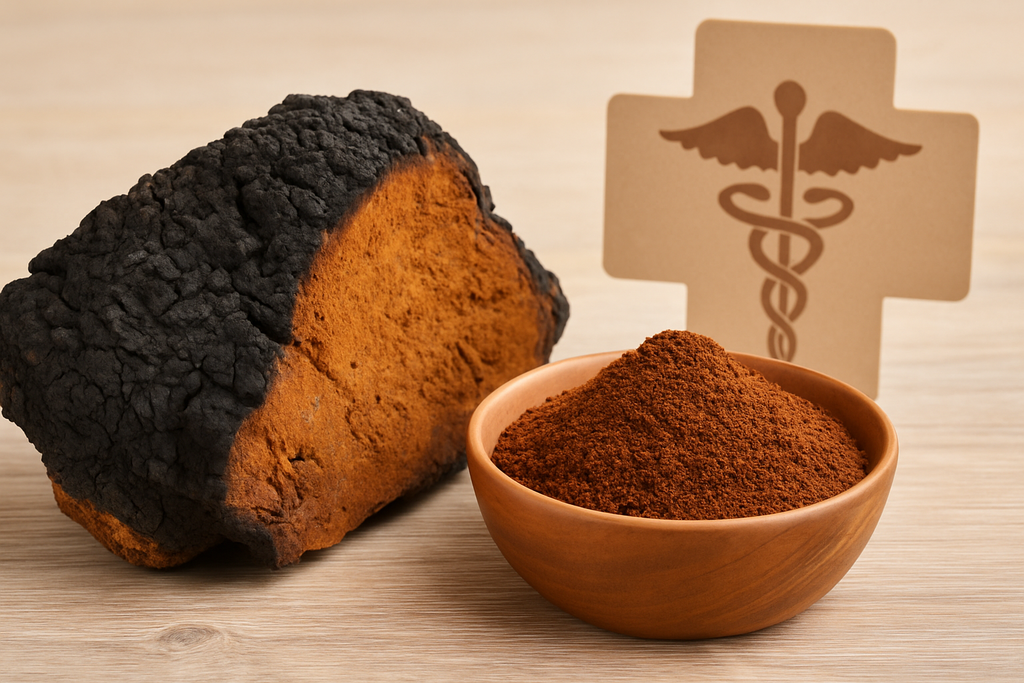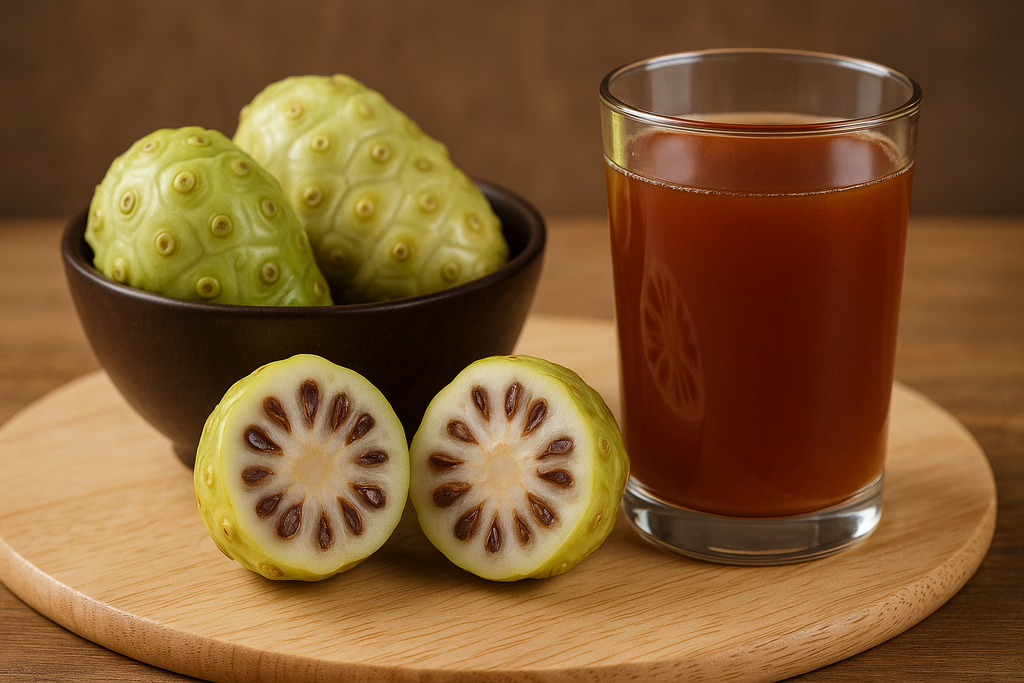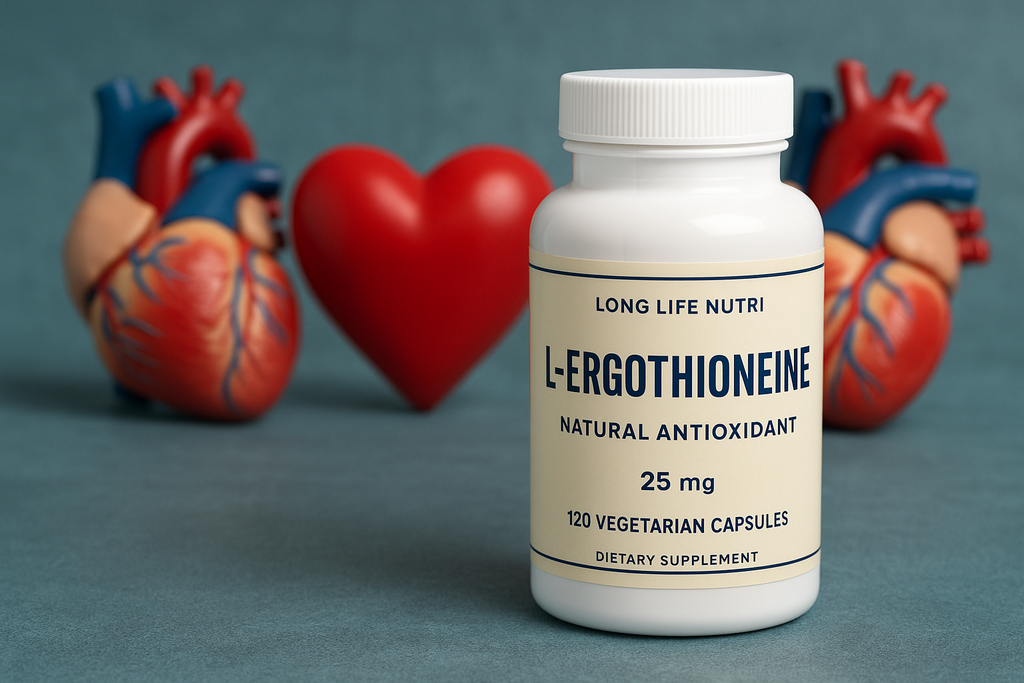News
DGL vs. Antacids: Which Is the Best Natural Remedy for Heartburn?
antacid alternatives antacid side effects best natural remedy for heartburn deglycyrrhizinated licorice DGL chewable benefits DGL for acid reflux DGL for gastritis DGL for ulcers DGL safety DGL vs antacids DGL vs Tums gut healing supplements herbal acid reflux treatment holistic heartburn remedy how DGL works licorice for digestion natural digestive support natural GERD relief natural heartburn remedy natural ulcer remedy
If you’ve ever felt the burning discomfort of heartburn or acid reflux, you’re not alone. Millions reach for over-the-counter antacids for fast relief. But what if you're looking for a more natural approach—one that doesn’t rely on chalky tablets or temporary fixes? That’s where DGL (deglycyrrhizinated licorice) enters the conversation.
While antacids work by neutralizing stomach acid, DGL supports the body’s own healing processes by soothing and protecting the gastrointestinal lining. But is it really effective? And how does it compare to the quick-fix solutions we’re used to? In this article, we’ll unpack the key differences between DGL and antacids, examining their benefits, risks, and how to choose the best option for long-term digestive comfort.
The Truth About Chaga and Autoimmune Disease: Help or Harm?
adaptogens for autoimmune autoimmune flare triggers beta-glucans Chaga and autoimmune disease Chaga inflammation Chaga research Chaga safety Chaga side effects Chaga vs Reishi functional mushrooms herbal medicine for autoimmune holistic immune support immune dysregulation immune modulators immune support herbs medicinal mushroom safety medicinal mushrooms natural anti-inflammatories Th1 Th2 balance
In the realm of natural medicine, few remedies have sparked as much intrigue as Chaga mushroom. Long revered in Siberian and Scandinavian folk traditions, this dark, woody fungus has gained attention worldwide for its powerful antioxidant and immune-supporting properties. But for those living with autoimmune disease, the question becomes more nuanced: Is Chaga helpful, harmful, or both?
Autoimmune disorders involve a misfiring immune system—one that mistakenly attacks the body’s own cells. Because Chaga is often labeled as an “immune booster,” it’s understandable why those with autoimmune conditions might approach it with caution. In this article, we’ll uncover what science and tradition actually say about Chaga’s relationship to autoimmune health, separating hype from helpful insights.
The Truth About Noni Juice for Joint Pain: Is It Effective?
anti-inflammatory juice arthritis remedies cissus bone health cissus quadrangularis damnacanthal herbal joint support joint pain supplements natural joint support natural pain relief noni antioxidants noni dosage for pain noni for arthritis noni inflammation noni juice benefits noni juice for joint pain noni juice side effects noni liver safety noni vs cissus scopoletin traditional Polynesian medicine
When it comes to natural remedies for joint pain, Noni juice often pops up as a curious contender. Derived from the fruit of the Morinda citrifolia tree, native to Polynesia and Southeast Asia, Noni juice has long been used in traditional medicine for inflammation, pain, and overall vitality. But how does it really stack up against modern expectations for joint relief?
While many people tout its benefits as a natural anti-inflammatory, scientific research on Noni juice is still evolving. Some studies suggest it may reduce joint discomfort, while others question its potency. In this article, we dig into the truth behind Noni juice—how it works, what the research says, and whether it deserves a place alongside clinically studied joint support supplements like Cissus Quadrangularis.
The Best CoQ10 for Heart Health: Why Ubiquinol Matters More Than Ever
aging and coq10 antioxidant for heart best coq10 supplement coenzyme q10 benefits coq10 and ergothioneine coq10 blood pressure coq10 dosage coq10 for heart health coq10 supplement guide heart protection heart support supplements l-ergothioneine mitochondria health natural antioxidants statin side effects ubiquinol ubiquinol and energy ubiquinol safety ubiquinol vs ubiquinone
Coenzyme Q10 (CoQ10) has become a buzzword in the world of cardiovascular supplements—and for good reason. This vitamin-like compound plays a critical role in cellular energy production and heart muscle function. But not all forms of CoQ10 are created equal. If you're taking CoQ10 for heart health, you need to understand why the form known as Ubiquinol matters most.
Ubiquinol is the active, bioavailable form of CoQ10 that your body can use immediately—especially important as we age or deal with chronic conditions. In this guide, we’ll break down the science, compare forms of CoQ10, and explain how Ubiquinol—when combined with cellular protectors like L-Ergothioneine—can significantly improve cardiovascular health, energy, and longevity.
How to Choose High Flavanol Cocoa for Maximum Health Benefits
best cocoa powder cacao supplements cocoa and autophagy cocoa and heart health cocoa antioxidant cocoa flavanols benefits cocoa flavanols vs chocolate cocoa for blood pressure cocoa for brain health cocoa nitric oxide cocoa superfood high flavanol cocoa high ORAC cocoa how to choose cocoa longevity supplements natural circulation booster polyphenol-rich cocoa raw cacao health benefits spermidine and cocoa
Chocolate lovers, rejoice! Not all cocoa is created equal, and if you're seeking real health benefits—like better circulation, sharper thinking, or cellular support—you'll want to focus on one thing: flavanol content.
Flavanols are powerful antioxidant compounds found in cocoa beans that have been linked to improved heart health, brain function, blood sugar control, and even skin vitality. But here's the catch: most commercial chocolate products contain very little flavanol due to heavy processing. In this guide, we’ll break down how to identify high-flavanol cocoa, what to avoid, and how it pairs with advanced longevity nutrients like Spermidine to enhance your wellness strategy.





